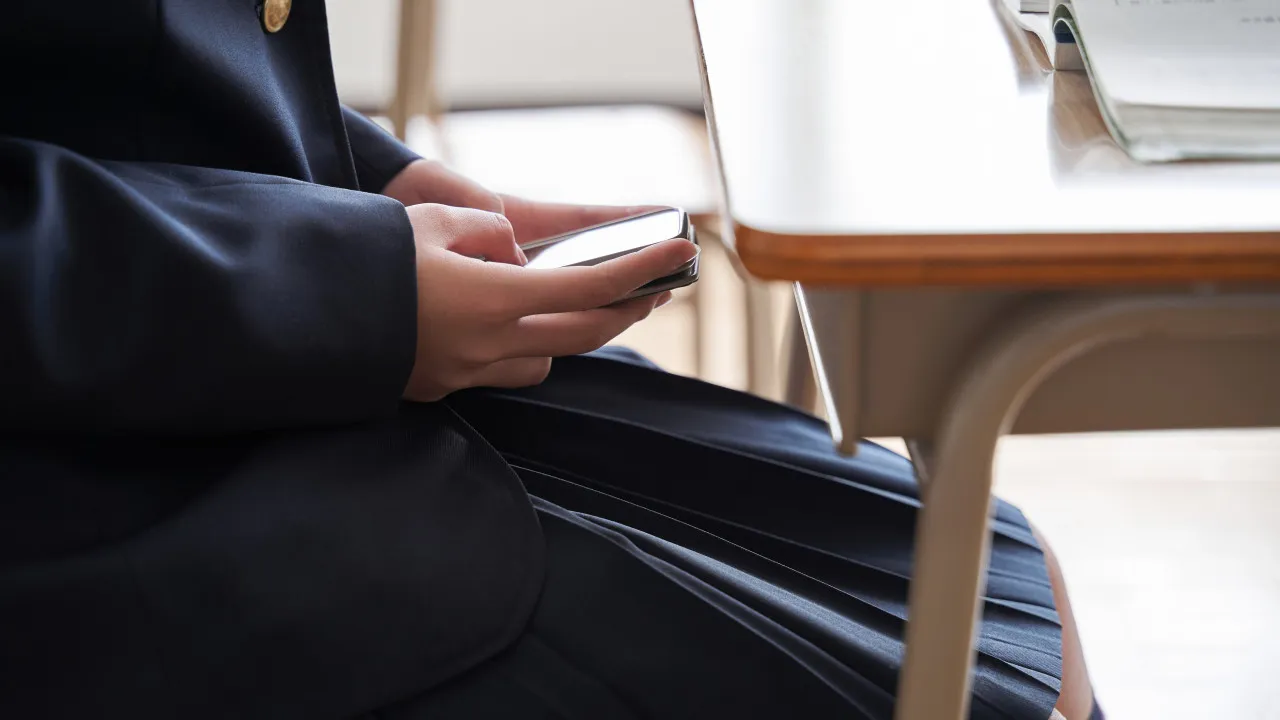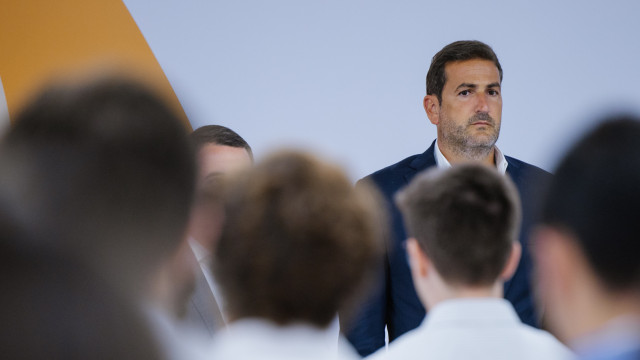
Starting from the next academic year in September, a ban on smartphone use will be implemented in the 1st and 2nd cycles of primary education, with “restrictive measures” recommended for the 3rd cycle to discourage the use of these devices in schools.
In an explanatory note released today on the implementation of the new rules and recommendations sent to schools, the Ministry of Education advises considering the extension of the smartphone ban to 3rd cycle students if they “share school facilities” with 2nd cycle students.
“This solution, an operational suggestion, would reinforce the internal consistency of the rules, facilitate monitoring, and avoid contradictory messages,” the ministry explains.
According to the guidelines sent to schools, educational institutions should, while respecting their autonomy, communicate the new rules and recommendations in a “coherent and accessible manner,” indicating, for example, the spaces and times “where there is a prohibition or restriction” on the use of mobile phones or other internet-connected devices, as well as specifying “exceptions.”
Schools may exceptionally allow the use of smartphones and other mobile devices with internet access for proven health reasons, for pedagogical purposes, or for students with low proficiency in Portuguese using the devices as translation aids.
The education ministry states that institutions “can also define the applicable sanctions for non-compliance with the established rules,” and advises them to adapt their internal regulations to the new rules and legislation.
If smartphone use is prohibited, “alternatives should be created to promote student socialization and well-being,” especially during breaks and lunch, such as games, sports activities, and leisure spaces, involving students in “suggesting and organizing activities.”
“Additionally, schools may offer short training sessions or briefings focusing on raising awareness among students and families, managing non-compliance, and exploring pedagogical alternatives to smartphone use,” suggests the Ministry of Education, emphasizing that the provided suggestions are “examples of best practices that may be useful for implementing the new rules.”
“They do not replace the role of school boards and authorities, and their autonomy, in defining and adapting the measures,” the explanatory note underlines.
For secondary school students, who are encouraged to participate in “creating rules for the responsible use” of mobile phones or other internet-connected devices on school premises, the ministry suggests discussion forums, school assemblies, or student and teacher assemblies to “debate and agree on rules that can be integrated into the internal regulations.”
The Ministry of Education clarifies that the guidelines sent to schools derive from best practices expressed by the Center for Planning and Policy Evaluation, “contributions received in meetings with school directors” and “a review of national literature.”




